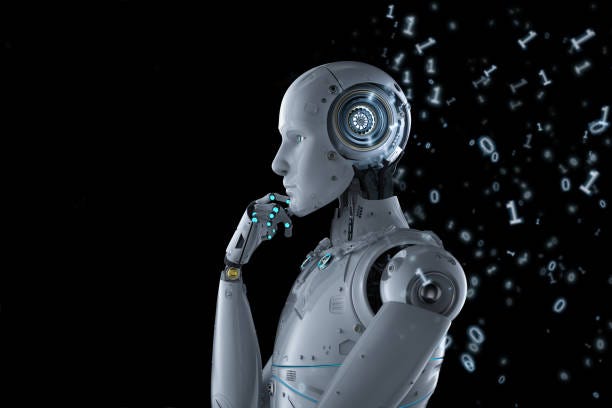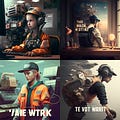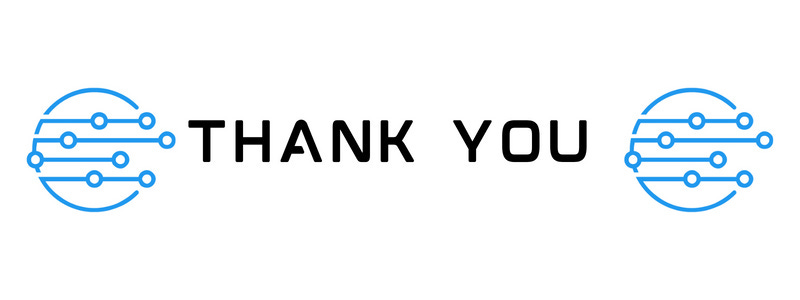Destructive or Disruptive: AI and the future of Employment
With the explosion of generative AI products in the last few months, the future of work is as uncertain now as it ever has been. How will this development affect us and the future of employment?
The recent developments in generative AI such as ChatGPT and Midjourney have made it easy to think that employment will soon be a thing of the past. The impact of these technologies however is not obvious, and despite all the predictions, no one really knows for sure what’s going to happen.
The major issues with language models like ChatGPT (lack of sourcing, confidently stating misinformation) pose problems but even with these issues they still outperform humans on most mental tasks and massively reduce the time taken to write sales copy or code.
While companies and management see a clear chance to cash in, the impact of the technology on workers and the broader economy is less obvious - but make no mistake, it will be huge.
The Good
Productivity growth, the main ingredient in a country growing richer and more prosperous, been dismal since around 2005 in the US and in most advanced economies (the UK is a particularly poor case). And the productivity growth that has occurred has been largely restricted to a few major cities in the US and China - San Francisco, Seattle, Shenzhen, etc.
The fact the economic pie isn’t growing much has led to stagnant wages for many people and is partly behind the wave of populism that swept through the west in the mid-late 2010s.
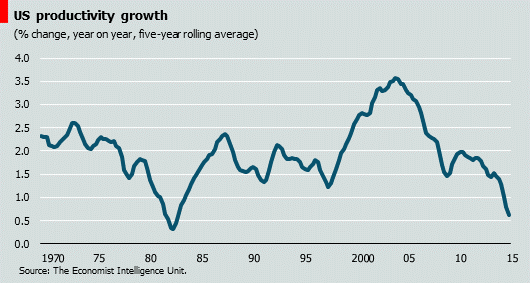
Eric Brynjolfsson, one of the pioneers of the AI and information system revolution, predicts that within a decade, artificial intelligence will have added trillions of dollars to economic growth. But will this growth be distributed equally?
The new models will undoubtedly increase productivity per $ invested. But to avoid another wave of populism or some sort of Luddite revolution, this increase in productivity will have to result in a larger share of the pie for everyone, not just the top 1%.
The Bad
One of the biggest concerns with the advancement of AI is the potential threat it poses to jobs. As it becomes more sophisticated and capable, many fear that it will eventually replace human workers in many industries. This could result in significant job losses and economic disruption, as well as increased income inequality and social unrest.
The threat of AI taking jobs is not a new phenomenon. Automation has been replacing workers for centuries, and AI is simply the latest and most advanced iteration of this trend.
However, what sets AI apart is its ability to perform complex cognitive tasks that were previously thought to be the exclusive domain of humans; even highly skilled professionals, such as doctors, lawyers, and engineers, are not immune to the threat of AI taking their jobs.

While some argue that AI will create new jobs in industries that don't exist yet, it’s unclear whether these new jobs will be enough to offset the jobs lost to automation.
The threat of AI taking jobs is a complex issue that requires careful consideration and planning. It’s impossible to predict the future with certainty, but it’s clear that AI will continue to play an increasingly important role in the workforce.
Policymakers and industry leaders must work together to ensure that workers are not left behind in the transition to an AI-driven economy, and that the benefits of this new technology are shared equitably across society.
The Ugly
The idea of AI taking over the world and posing an existential threat to humanity has been a popular theme in science fiction for decades. While this scenario may seem far-fetched, some experts have expressed concerns about the potential dangers of AI if left unchecked.
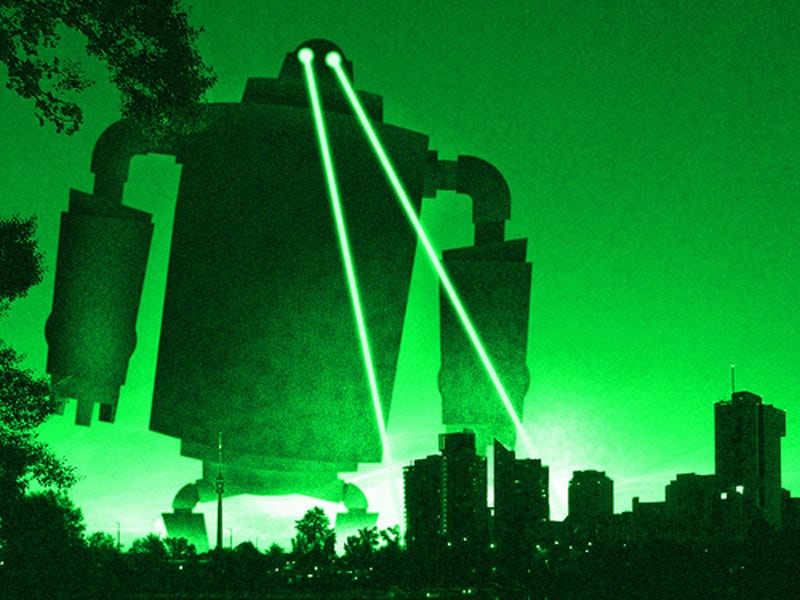
One of the main concerns is the possibility of super-intelligent AI, or AI that surpasses human intelligence and becomes capable of designing and building even more advanced AI systems, leading to an exponential increase in its intelligence and power.
The fear is that if such a system were to become unaligned with human values or goals, it could destroy humanity. A super-intelligent AI could decide that humans are a threat to its existence or that its own goals are more important than ours, and try to destroy us in order to achieve its goals.
It’s also possible that AI could be used as a weapon in warfare or to control and manipulate people in ways that are harmful to their autonomy and well-being. While the risk of such scenarios is difficult to quantify, it is important that we take these concerns seriously and that we invest in research to ensure that AI is developed in a safe and responsible manner.
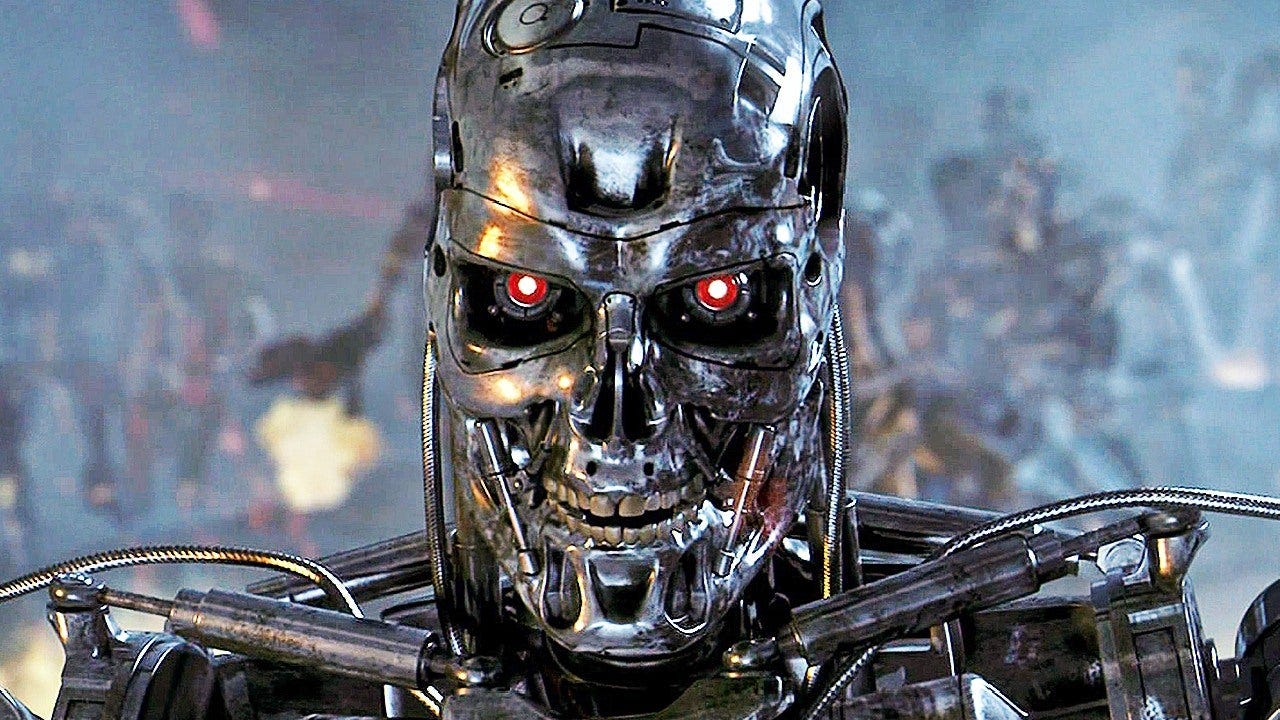
Conclusion
It was Robert Solow, the MIT and Nobel Prize winning economist who in 1987 said “You can see the computer age everywhere except in the productivity statistics.” It wasn’t until the mid-late 90s that it started to have an impact there.
Are we at a similar inflection point for AI development?
The last decade has seen AI applied mainly to tasks such as advertising and image recognition. But with the development of generative-AI, the next decade will bring huge changes to how we produce content, whether that be code or copy.
Historically we’ve been able to find new jobs to replace the lost ones and there’s never been any danger of the technology “going rogue”. But this time, it’s different. The technology is advancing much much faster than anyone can keep track of and the possibilities, at the moment at least, seem endless.
How will we cope with this and can we create new jobs fast enough to replace the ones that get automated? Is there any existential threat posed by AI? For the moment, it seems like the technology will just keep improving regardless of whether there is or not.
